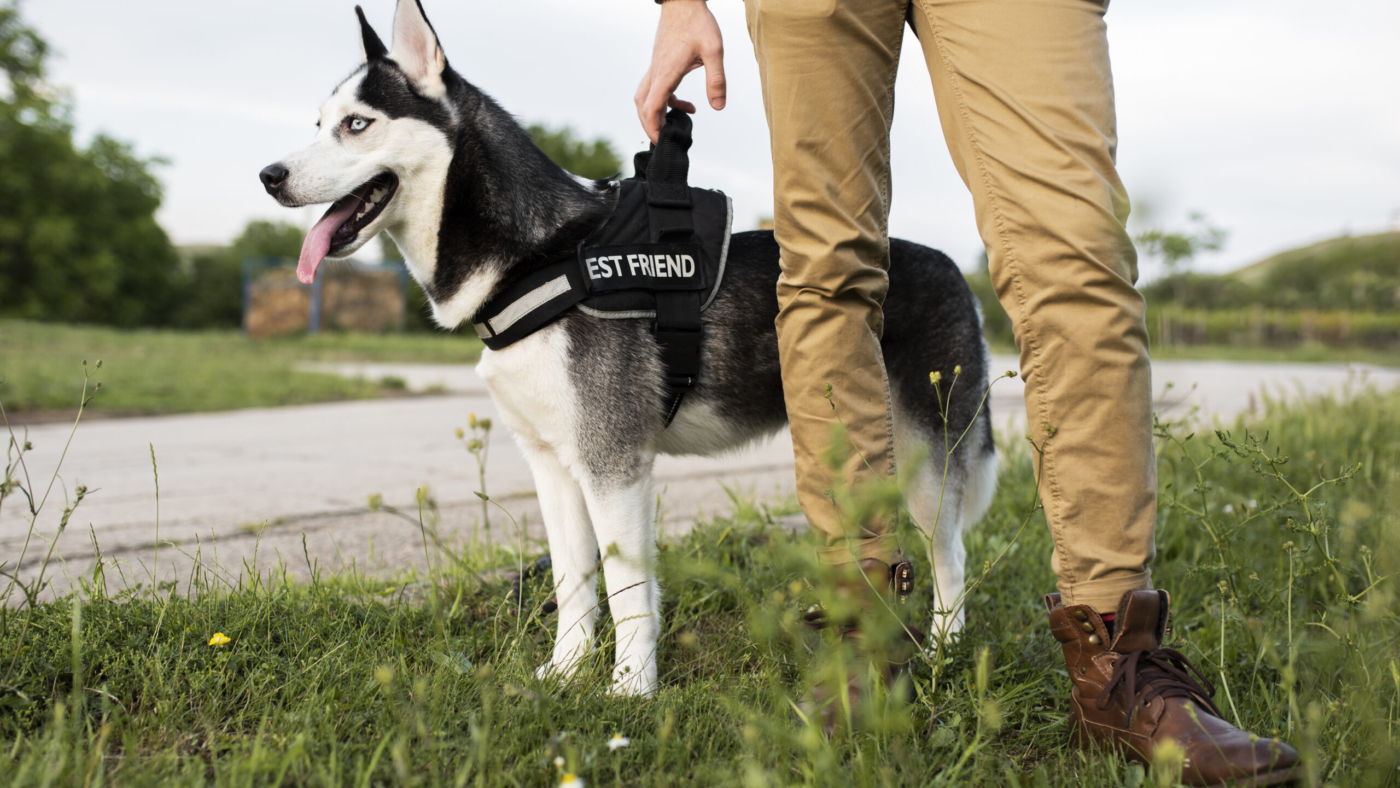In the realm of security, canine units have long been recognized for their exceptional abilities to detect threats, deter criminal activities, and provide invaluable support to law enforcement and private security operations. This blog delves into the significance of dog handling in security, the specialized training involved, and the diverse roles these canine teams fulfill.
The Role of Security Dogs
Security dogs, often referred to as K9 units, serve as a formidable deterrent against unauthorized activities. Their acute senses enable them to detect explosives, narcotics, and intruders with remarkable accuracy. Beyond detection, their presence alone can discourage potential threats, enhancing the overall safety of a given environment. Training and Certification
The effectiveness of a security dog hinges on rigorous training and the expertise of its handler. Training programs typically encompass:
- Obedience Training: Establishing control and ensuring the dog responds promptly to commands.
- Detection Training: Specializing in identifying specific scents such as explosives or narcotics.
- Patrol Training: Preparing dogs to assist in apprehending suspects and protecting their handlers.
Handlers often undergo extensive training to synchronize with their canine partners, fostering a seamless operational relationship.
Applications of Canine Security
The versatility of security dogs allows them to operate across various sectors:
- Law Enforcement: Assisting in search and rescue missions, suspect apprehension, and evidence detection.
- Private Security: Enhancing safety in commercial establishments, events, and residential areas.
- Transportation Security: Screening luggage and cargo for contraband in airports and seaports.
- Military Operations: Detecting explosives and providing support in combat zones.
Benefits of Canine Units
Integrating canine teams into security protocols offers several advantages:
- Enhanced Detection Capabilities: Dogs possess olfactory senses far superior to humans, enabling them to detect minute traces of substances.
- Deterrence Factor: The presence of a security dog can discourage potential criminal actions.
- Rapid Response: Canine units can quickly assess and respond to threats, often faster than human counterparts.
Challenges and Considerations
While canine units are invaluable, certain challenges must be addressed:
- Training Costs: Comprehensive training programs require significant investment.
- Handler Expertise: The success of a canine team depends on the handler’s proficiency and bond with the dog.
- Public Perception: Ensuring the public understands and respects the role of security dogs is crucial for effective operations.


Add a Comment